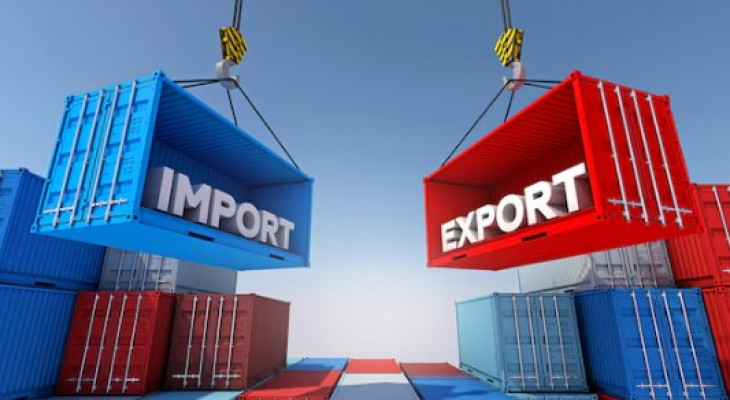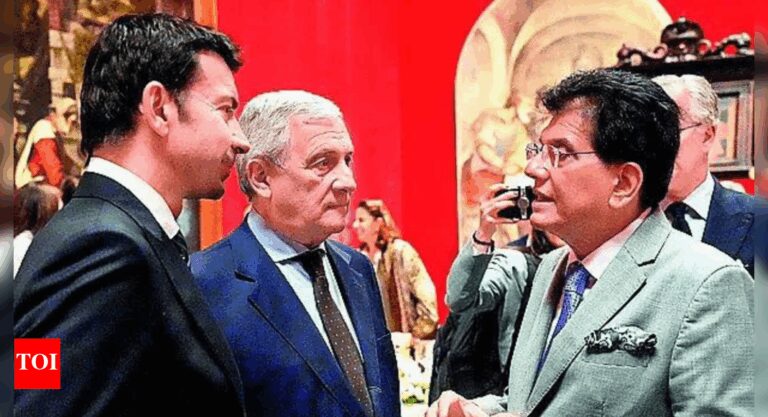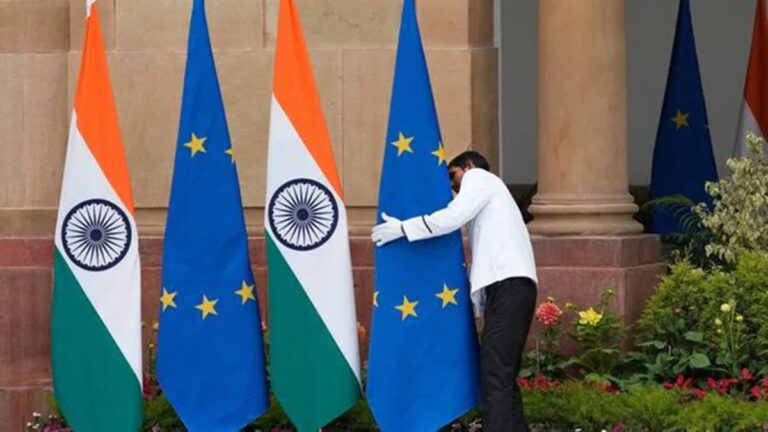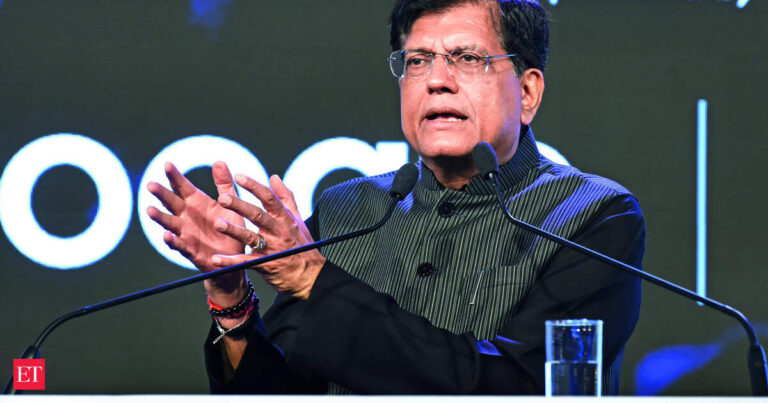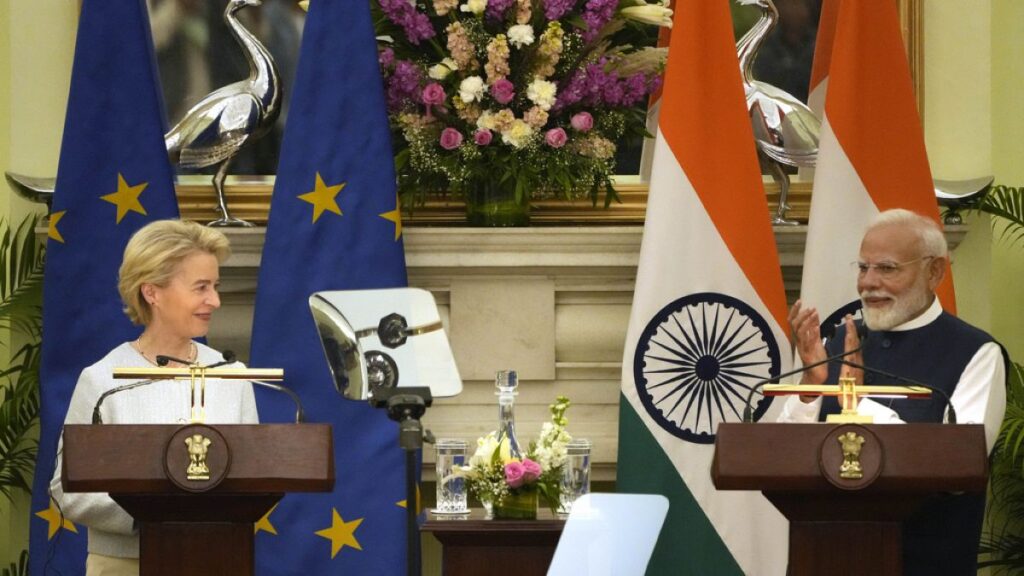
Negotiations will not be easy, but India and the EU seem determined to sign a major trade agreement by the end of the year.
As Donald Trump threatens the European Union with new prices on goods, the EU desperately seeks new business partners, and India could be among the first following announcement on Friday that a free trade agreement would be signed by the end of the year.
“A free trade agreement between the EU and India would be the biggest agreement of this kind in the world,” the chairman of the Ursula von der Leyen commission said on Friday in New Dehli, adding: “This is why we agreed with Prime Minister Modi to do so to do so during this year.”
This calendar is ambitious, given that the last two decades have produced little results between the two parties, which began negotiations on a trade agreement in 2007, but then saw these frosts over a decade between 2013 and 2022.
The EU makes India a priority in an increasingly uncertain geopolitical context, where existing alliances seem fragile. “I am well aware that it will not be easy,” said Von Der Leyen, “but I also know that timing and determination count, and that this partnership arrives at the right time for the two of us.”
The EU hopes to have access to the India market for its cars and minds, despite the high prices of India, as indicated. He also hopes to conclude an investment agreement and geographic indications quickly.
The EU expects difficult negotiations on agriculture, because farmers fear unfair competition from non -European importers. The problem is also thorny for India, which is mainly based on small -scale farms for production.
India will certainly not be an easy negotiation partner for the EU, which is likely to criticize the protectionist environmental rules, in particular with regard to its carbon border adjustment mechanism (CBAM), Green EU legislation that applies to imports in the EU. “These are fair measures, compatible with the WTO,” said a senior EU, adding: “These are illegitimate concerns that we are ready to approach.”
